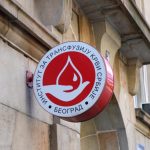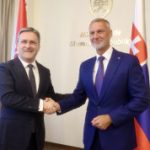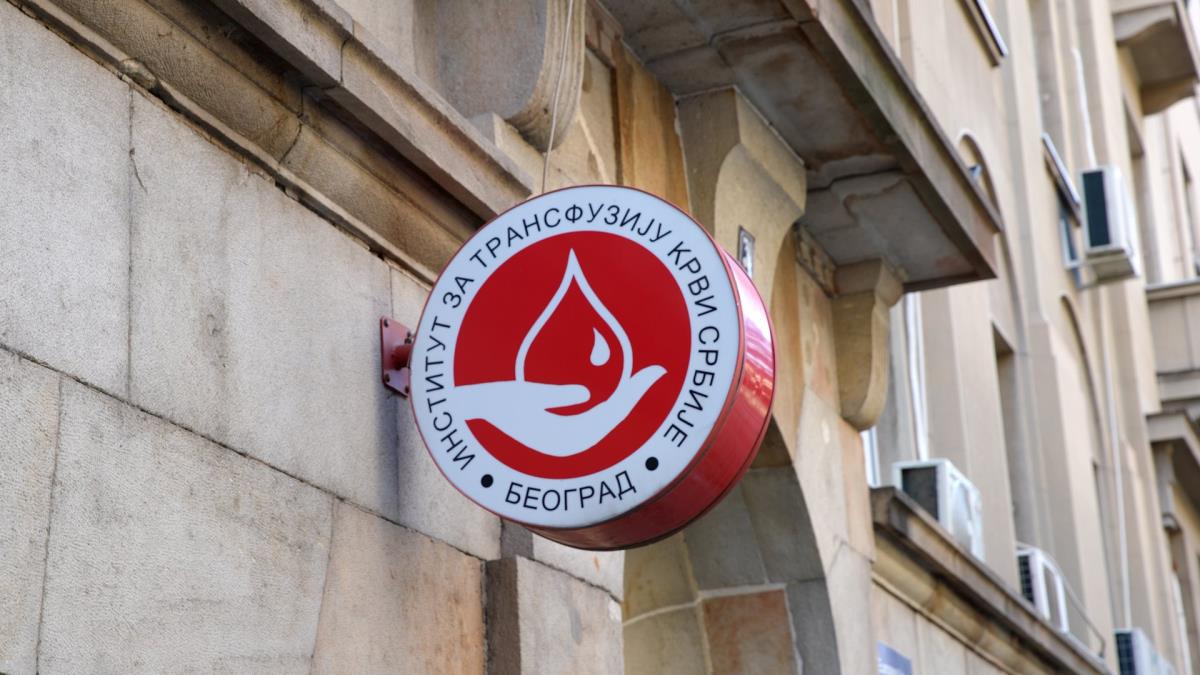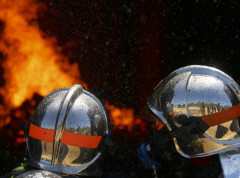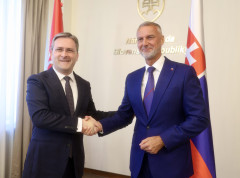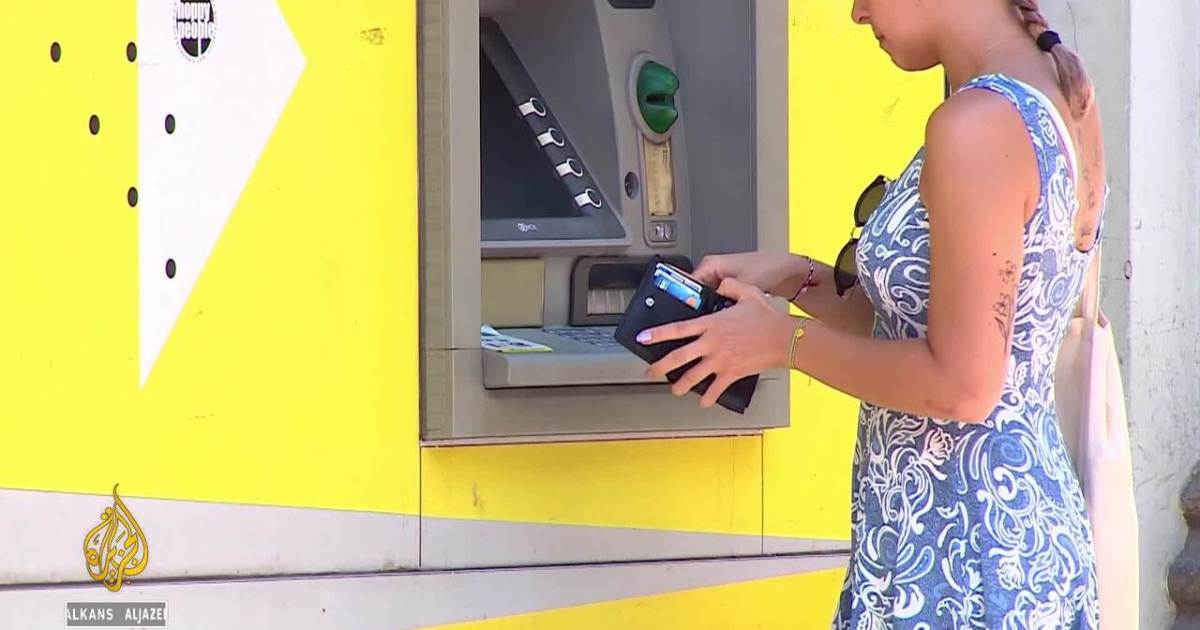Media and Montenegro’s European Integration: Allies or Just Background Noise?
Did you know that media in Montenegro are not just observers but key players in the European integration process? The chief negotiator with the EU, Predrag Zenović, openly states that media are an indispensable ally in this long and complex process that has been going on for 13 years! Yes, you read that right – 13 years of negotiations, and media are the ones shaping public perception, opening space for dialogue, and calling for accountability.
Workshops for Journalists: Preparing for the European Game
In Kolašin, a two-day workshop was held for ten journalists from eight national and two local media outlets. The goal? To train journalists to report professionally, analytically, and ethically on key aspects of Montenegro’s EU accession. Sounds serious, right? They learned about the technical and political details of the negotiation process, IPA funds, cross-border cooperation, and the Western Balkans Growth Plan.
Augustin Palokaj, a longtime correspondent from Brussels, emphasizes how important it is for journalists to understand the complexity of the process and convey information clearly and accessibly to citizens. Because, as he says, citizens have the right to know where the negotiations stand, what obstacles exist, and what opportunities lie ahead.
Media as Partners to Institutions
Biljana Papović, State Secretary of MEPA, stresses that media are key allies in European integration. Without informed and professional journalists, citizens cannot get a true picture of reforms and their effects on daily life.
European Territorial Cooperation and the Western Balkans Growth Plan
Miloš Marković from the Directorate for European Territorial Cooperation highlights that cooperation programs with neighboring EU countries help Montenegro better prepare for membership. Irena Bošković from MEPA adds that the Western Balkans Growth Plan not only accelerates the path to the EU but also brings tangible benefits – new jobs and stronger economic development.
Why Does This Matter?
Imagine negotiations for EU membership dragging on for 13 years. That’s more than a decade of waiting, reforms, promises, and uncertainty. During this time, media can either clarify or muddy the waters. That’s why it’s crucial they are trained, professional, and responsible.
What Do Journalists Say?
Aleksandar Lutovac from the daily newspaper Dan says the workshop was extremely important for spreading accurate information and raising awareness about the process. Milica Kapa from RTCG points out how complex and multi-layered the process is and how important it is to bring it closer to citizens in a clear and understandable way.
What’s Next?
MEPA announces continuation of the program for journalists throughout the year, with thematic briefings, visits to successful EU projects in Montenegro, and study visits to Brussels. The goal is clear – better understanding of the process and higher quality public information.
Conclusion: Media or EU Megaphone?
Are media in Montenegro truly independent guardians of truth or just a megaphone for European integration? On one hand, they are tasked with objectively and critically monitoring the process. On the other, they participate in shaping it through training and cooperation with institutions. Maybe it’s time to ask – who really controls the narrative about the EU in Montenegro?
If you made it this far, drop a comment – do you trust the media when they talk about the EU? Or do you think it’s just another political show? Let the debate begin!

